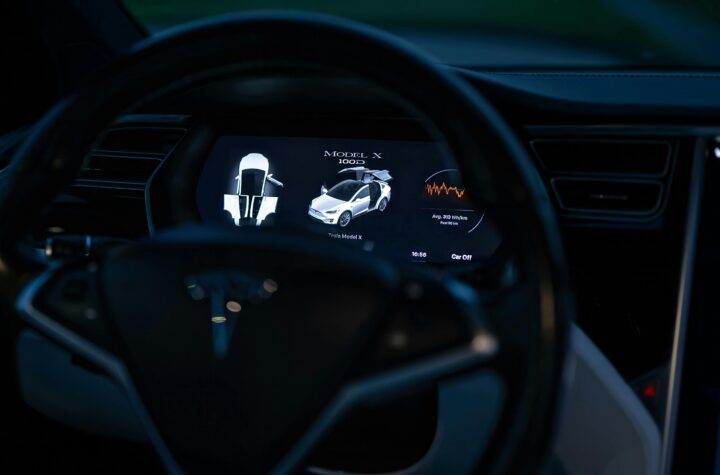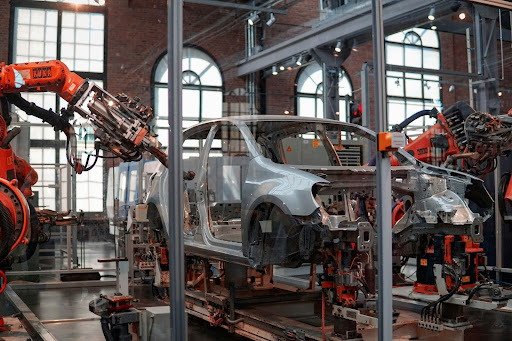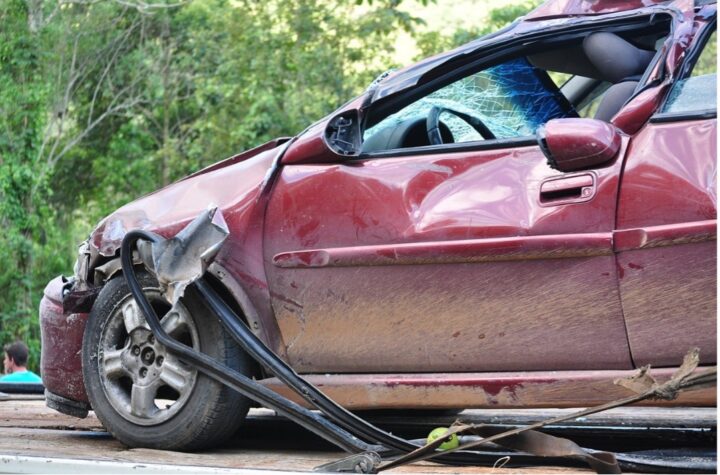
“Here’s how we see it at the Volkswagen Group: Engineering excellence contributes to quality and customer satisfaction. Quality and customer satisfaction contributes to growth and profitability. Growth and profitability contributes to employee satisfaction and social responsibility. This is the virtuous circle that we are looking to sustain”.
Those were the words of Jonathan Browning, president and CEO of Volkswagen of America, in a speech before the Chicago Economic Club earlier this year. He was echoing the words of Ulrich Hackenberg, member of the board of management of Volkswagen brand, with responsibility for Development. “The automotive world is facing the dawn of a new era: going forward, limited raw materials, strong emerging economies and tough ecological requirements pose enormous challenges to the industry. For this reason I can assure you that the Volkswagen Group will continue to go down the path that we are now on.” He was speaking at the presentation of the first L.E.A.D.E.R. award by the Automotive Intelligence Center in Bilbao, Spain and Automotive News Europe for innovation in sustainable technologies and product development.
VW’s commitment to sustainable technologies reaches into renewable energy production. Activities include participation in the construction of offshore wind farms off the North Sea coast and a new Volkswagen hydropower plant in Brazil that will cover about 18% of the energy demand for VW plants in the country.
One of VW’s focus sustainability areas is the introduction of hybrid and electric vehicles, combined with the increased use of electronic engine management and driver aids. It opened the Volkswagen Electronics Research Laboratory (ERL) in California in order to – as the company puts it – “harvest Silicon Valley energy”. Projects include driver assistance system, human-machine interface, infotainment, and looking at the future of mobility from a holistic perspective.
“Future electric cars give us enormous opportunities for reshaping mobility to be even more sustainable. When it comes to the environment, however, we must ensure that the energy used to operate these electric cars is produced from renewable sources. Since automotive manufacturers do not have any influence on the types of power plants that are built, the federal government must ensure that eco-friendly energy sources are utilised. Only then will we experience a genuine transition to a new era,” said Martin Winterkorn, Chairman of the Board of Management of Volkswagen told German Chancellor Angela Merkel last year.
He says VW will be introducing a range of electric and plug-in vehicles in 2013/14. “The electric car will impact the future of individual mobility in crucial ways. Over the mid-term, the plug-in hybrid offers great potential, because it combines the best of two worlds in one vehicle,” said Winterkorn at the Geneva motor show earlier this year. “Electric mobility is the task of the century for the automotive industry and the European industrial community as a whole. Manufacturers, suppliers, energy providers, scientists and politicians – everyone must step up to the plate here,” he said.
VW’s flagship for environmentally sustainable manufacturing is a new US$1-billion manufacturing “Think Blue” facility in Chattanooga, Tennessee. The paint shop will cut CO2 emissions by 20%. Wastewater recycling and other efficiencies will save nearly 360,000 gallons of freshwater annually. Energy efficiency systems will save enough electricity to power nearly 2,000 households annually, according to Browning.
Further savings come from Volkswagen’s “modular toolkit. We use common core design and common engineering for the major component systems in our subcompact, compact and medium models around the world, yet also accommodate multiple variations at minimal additional cost. We believe we can ultimately reduce engineered hours per vehicle by 30% overall and drive down unit costs and product related one-off expenditures by 20%,” he says.
VW is also sustaining opportunities in the components sector. “In addition to more than 2.000 direct jobs our new plant will support nearly 10,000 jobs at suppliers across the country …including sourcing from newly developed minority suppliers. In fact, 10% of content for plant construction and 7% of content for the vehicle are sourced from minority owned businesses”.
Volkswagen has also learned to adapt its vehicles and processes for different markets. “The new Passat and Jetta are a marked departure from our previous approach in this market. Both were designed with Americans in mind. Here we recognize that our global engineering and manufacturing processes have not always heard the voice of the U.S. customer loudly enough.
We are changing that,” said Browning.
Block
“Blue” suppliers
All suppliers to the Volkswagen group are expected to adopt the company’s commitment to reducing the environmental impact of manufacturing operations.
The company’s Environmental Principles for Production states “As a result of the increasing percentage of outside manufacturing, the importance of environmental and social welfare
requirements is ever increasing. The identification with external partners plays a significant
part in the appraisal by customers, investors, rating agencies and the general public.
“In this context, the target must be the integration of suppliers and service providers into the Volkswagen Group’s environmental management systems and the implementation of the Group’s social charter by these same partners. One of the essential requirements is the detailed information of the business partners about these company-specific sustainability requirements.
“In the long-term, these requirements are to be implemented through the introduction of environmental management systems by all partner enterprises. These measures will be supplemented by local expert advice as well as by an intensive exchange of experience with the business partners. In addition, these company sites will receive the best possible support for the early detection of potential risks as well as for performing supplier qualifications,” states the












More Stories
Automotive Industries (AI) Newsletter April 2025
Selecting the Ideal Linear Phased Array Transducer for Your NDT Requirements
K 2025: The Power of Plastics! Green – Smart – Responsible